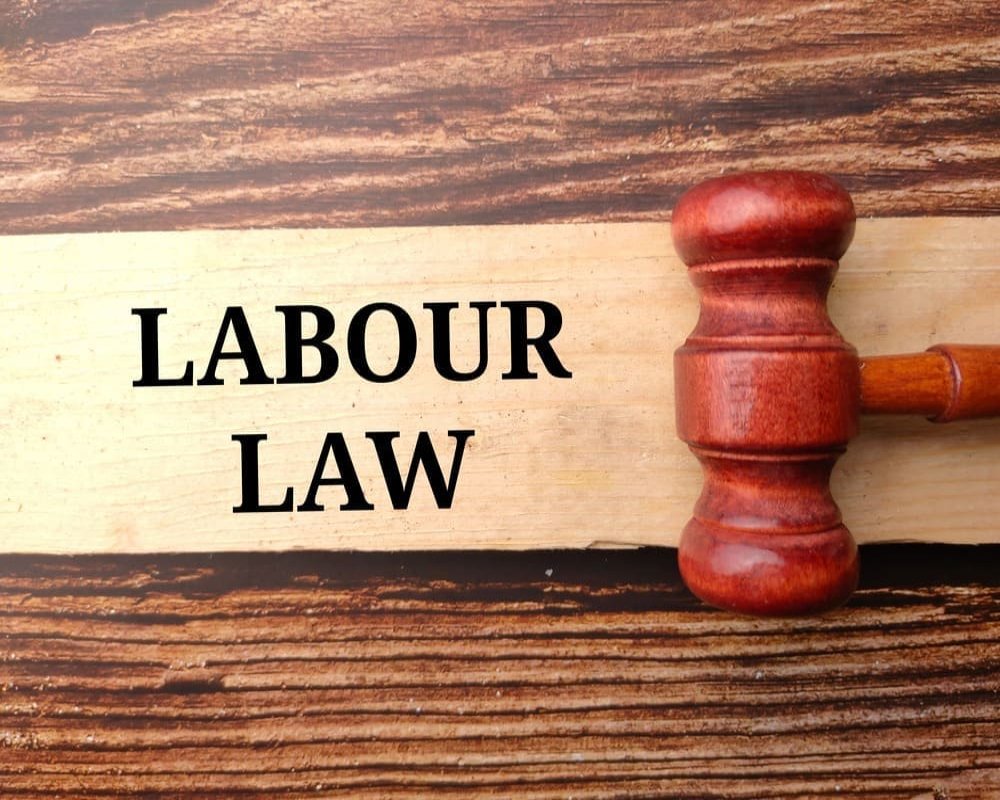Introduction
Labor law registrations are an essential aspect of legal compliance for industrial units and other business establishments that employ workers. These registrations serve as formal recognition that an employer adheres to the labor and employment regulations established by the government. They are required under various central and state labor laws, which are designed to protect the rights and welfare of employees, ensure safe working conditions, and regulate the employer-employee relationship in an organized and lawful manner. For industrial enterprises, obtaining labor law registrations is not only a statutory obligation but also a foundation for operational legitimacy, workforce stability, and social responsibility.
Ensuring Legal Recognition and Compliance
The primary reason labor law registrations are necessary is to ensure that an industrial unit is legally recognized as an employer under labor legislation. These include laws such as the Factories Act, the Employees’ Provident Funds and Miscellaneous Provisions Act, the Employees’ State Insurance Act, the Contract Labour Regulation and Abolition Act, the Payment of Gratuity Act, and the Minimum Wages Act, among others. Each of these laws mandates registration with the respective labor authorities to enforce specific obligations such as wage payments, social security contributions, working hour limits, and health and safety standards.
Without these registrations, the industrial unit cannot legally employ workers or manage employment contracts. Any attempt to operate without labor law compliance can result in penalties, legal disputes, and revocation of business licenses. Therefore, registration serves as the first step in fulfilling the legal duties of an employer and in establishing a lawful and structured work environment.
Protecting Employee Rights and Welfare
Labor law registrations are integral to protecting workers’ rights and ensuring their access to essential benefits. For example, registration under the Employees’ Provident Fund Organization enables workers to contribute to and access retirement savings, while Employees’ State Insurance registration provides access to medical care and financial support during sickness or injury. These protections are legally guaranteed only when the employer is registered and actively complies with the provisions of the respective acts.
Additionally, registration under labor welfare laws helps ensure that workers receive fair wages, are not subjected to hazardous conditions without adequate protection, and are treated equitably in matters such as working hours, rest periods, maternity benefits, and grievance redressal. The absence of proper registration leaves workers vulnerable to exploitation and denies them the basic safeguards enshrined in labor laws.
Facilitating Transparent Employer-Employee Relations
By mandating registration, labor laws establish transparency in the employer-employee relationship. The act of registering signifies that the employer acknowledges responsibility for following the rules and maintaining proper records of employment, attendance, payments, and benefits. This fosters trust between workers and management and minimizes the risk of labor unrest, absenteeism, and turnover. It also encourages fair negotiation and dispute resolution practices.
Registrations also require the employer to maintain clear employment records, which are essential for audits, inspections, and legal proceedings. These records ensure that both employers and employees are protected in the event of disputes regarding wages, employment terms, disciplinary action, or termination.
Supporting Regulatory Oversight and Social Security Systems
Labor law registrations are critical for enabling government oversight and the administration of national social security systems. Registered employers are subject to periodic inspections by labor inspectors who evaluate working conditions, wage structures, safety provisions, and statutory record-keeping. These inspections help enforce compliance, prevent abuse, and promote occupational safety and health standards.
Through these registrations, the government can monitor employment trends, ensure equitable growth, and plan labor welfare schemes. Registration also enables centralized data collection that supports labor market analysis, skill development programs, and employment policy planning at both regional and national levels.
Enhancing Employer Credibility and Industrial Reputation
For industrial units, especially those engaged in manufacturing, export, or large-scale services, compliance with labor laws and related registrations enhances corporate credibility and stakeholder trust. Regulatory compliance is often a prerequisite for obtaining operating licenses, participating in public tenders, attracting investors, and establishing partnerships. Many clients and international partners require proof of labor compliance as part of their ethical sourcing or corporate social responsibility audits.
Moreover, a well-documented and law-abiding workplace attracts better talent, improves employee morale, and contributes to higher productivity and business sustainability. Labor law registration is, therefore, a key element of ethical business practice and competitive advantage.
Conclusion
Labor law registrations are indispensable for any industrial or commercial establishment employing workers. They form the legal backbone for maintaining fair labor practices, protecting employee rights, and promoting a structured and safe working environment. Beyond fulfilling statutory obligations, these registrations serve as tools for ensuring social security, facilitating regulatory governance, and building a credible and responsible industrial ecosystem. For employers, proactive compliance with labor registration requirements is not only a legal necessity but also a strategic investment in long-term business integrity, workforce harmony, and sustainable growth.
Hashtags
#LaborLaw #WorkplaceRights #EmployeeProtection #LaborRegistration #LegalCompliance #WorkersRights #FairLabor #EmploymentLaw #WorkplaceSafety #LaborRegulations #EmployeeBenefits #UnionSupport #WorkplaceJustice #LaborStandards #JobSecurity #LegalAwareness #HRCompliance #WorkplaceEquity #LaborAdvocacy #KnowYourRights


